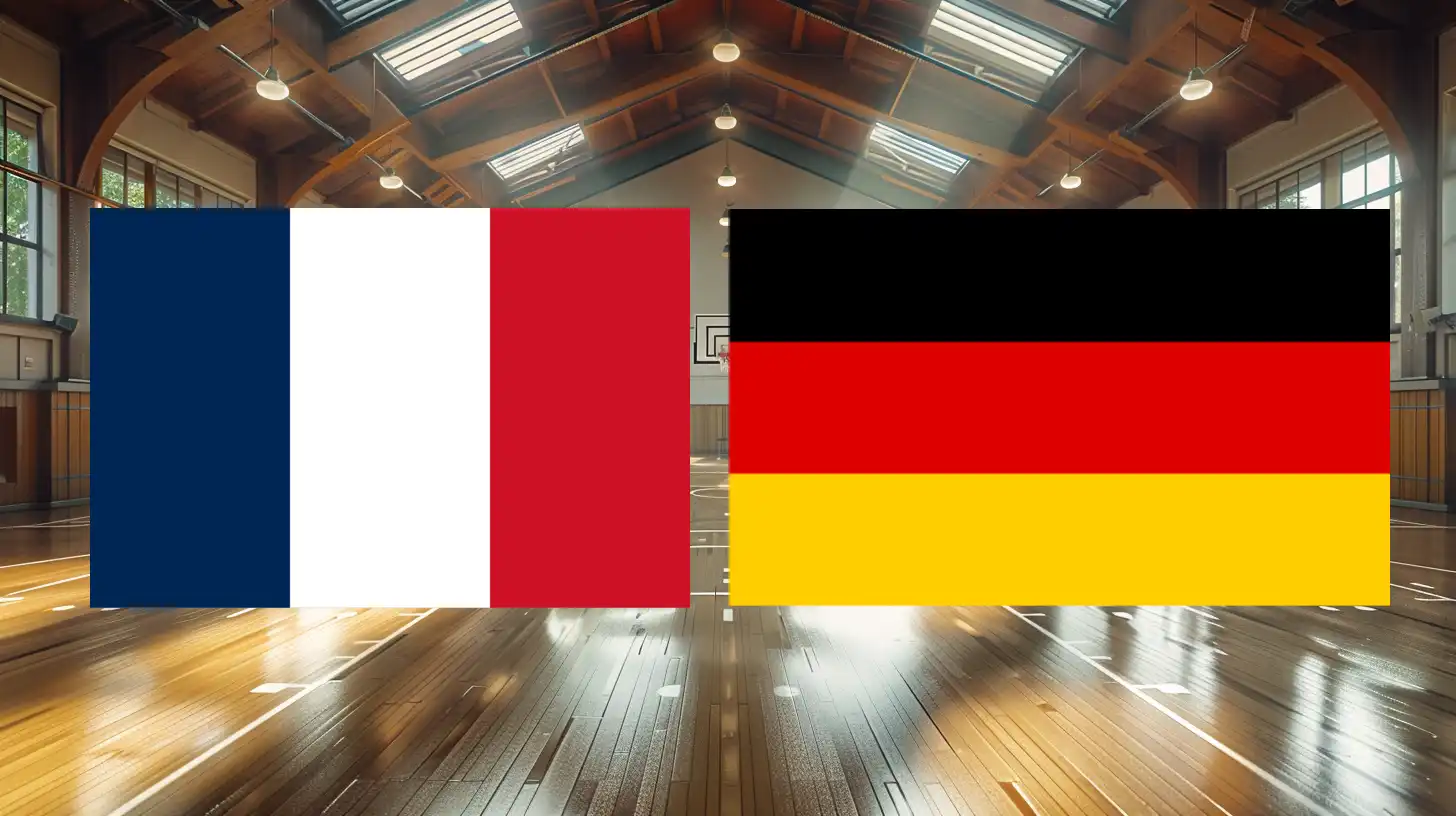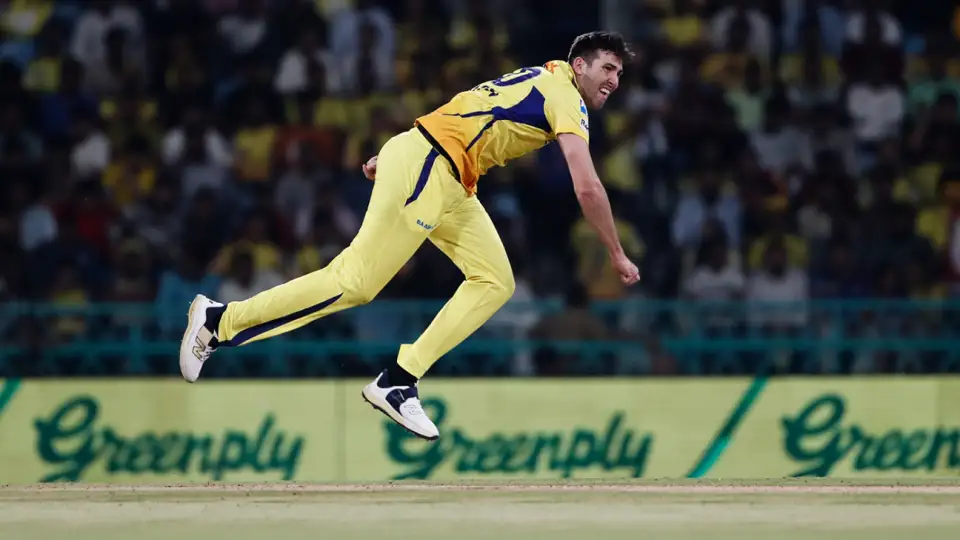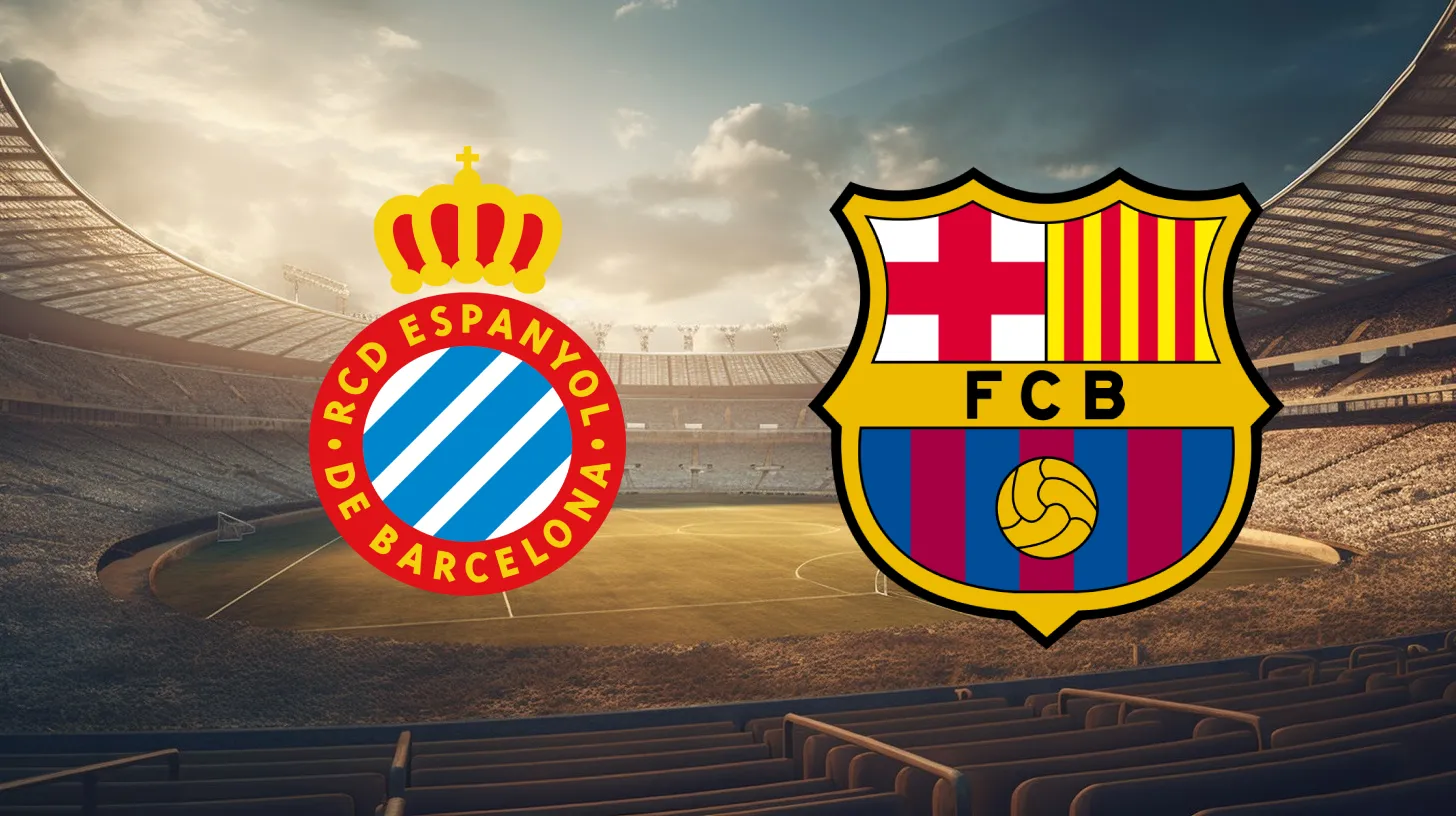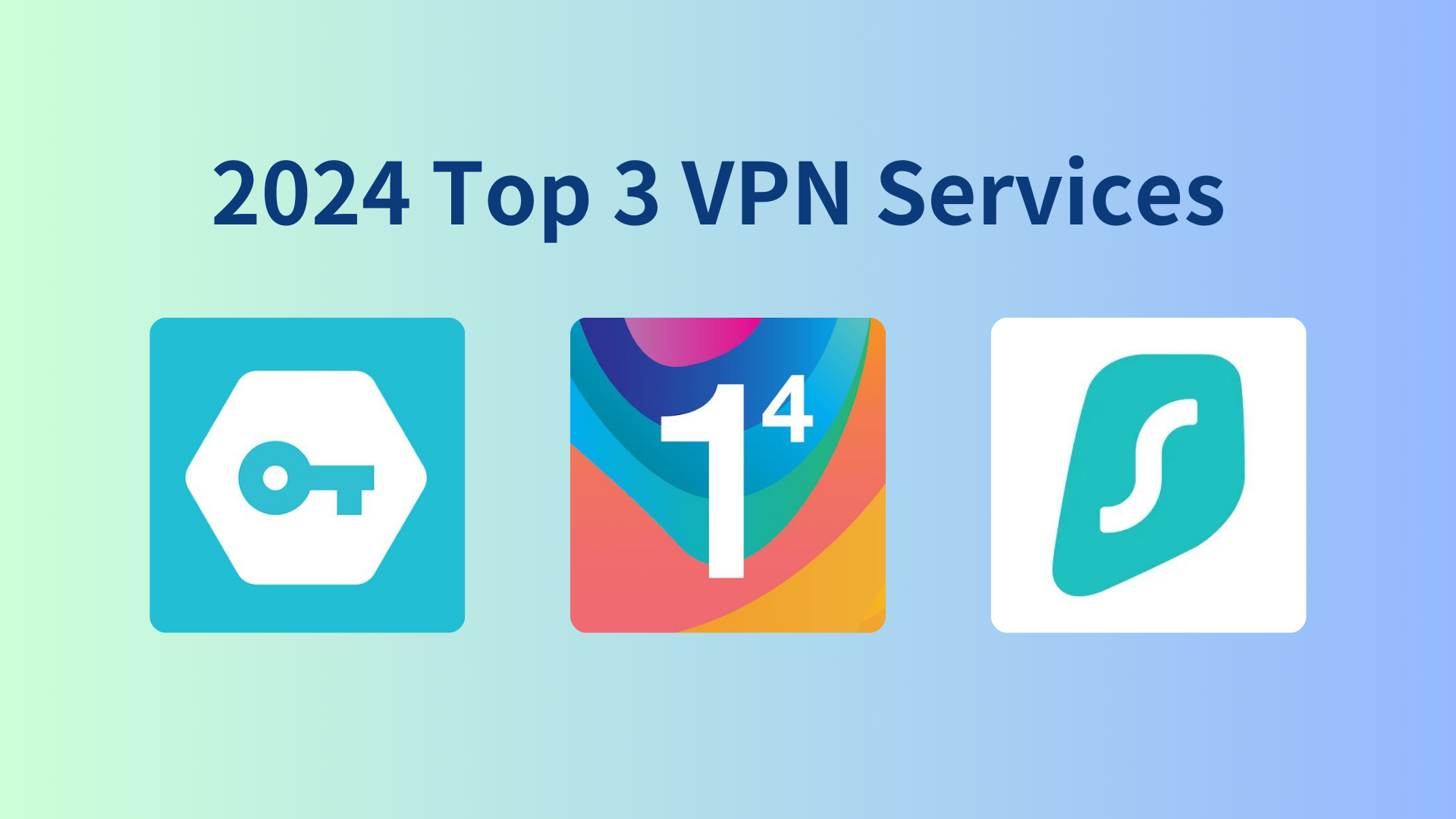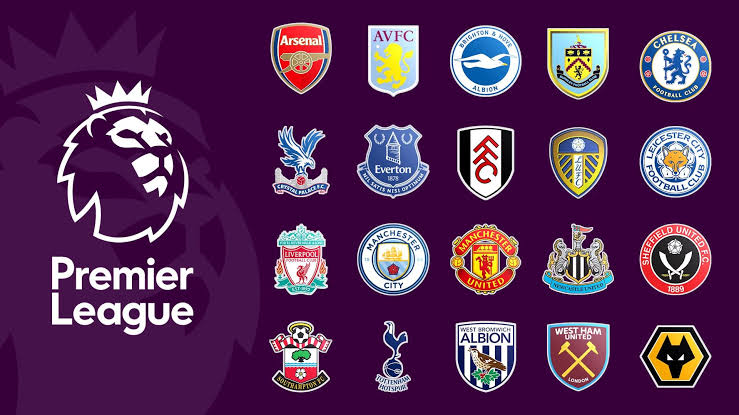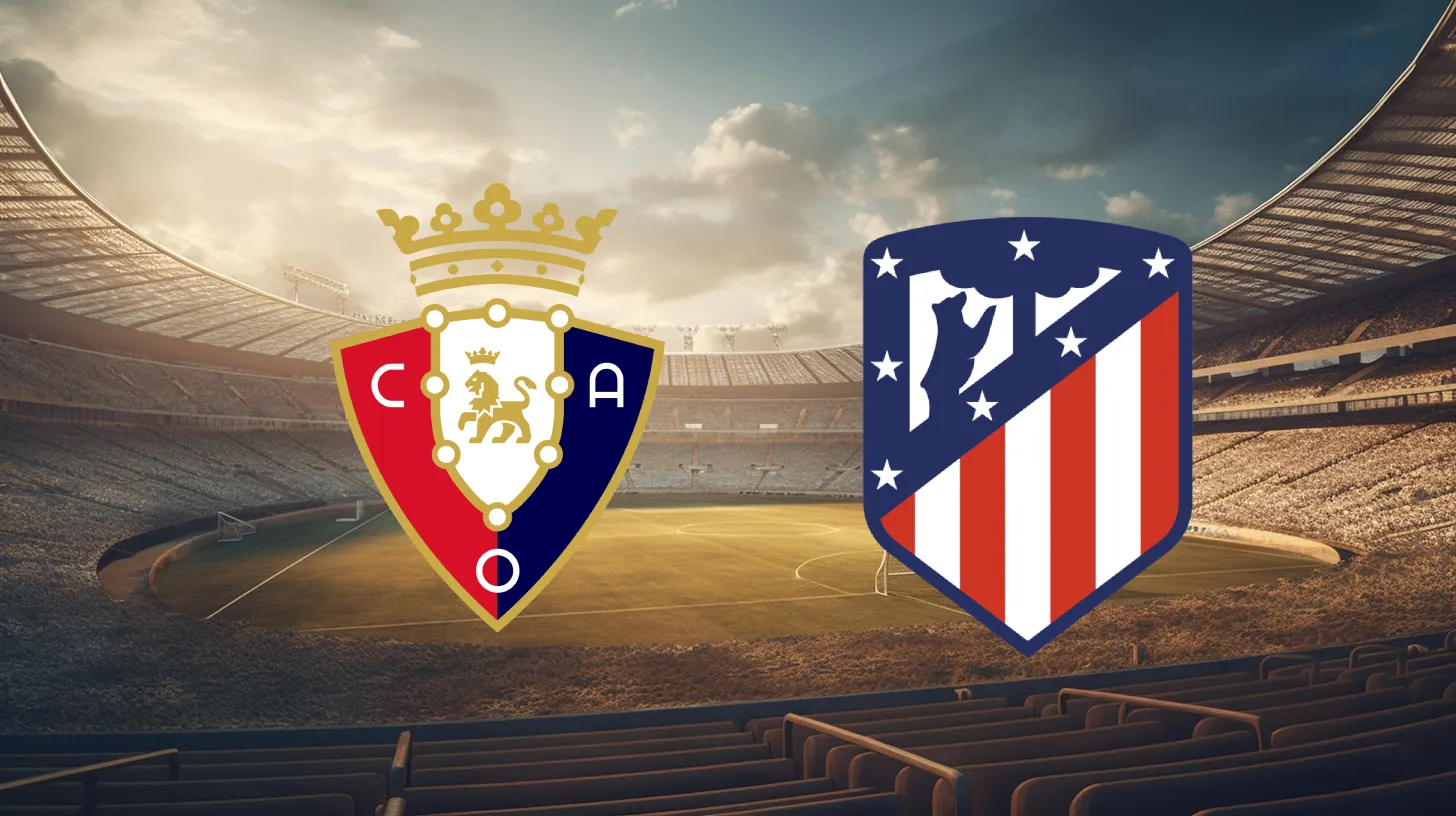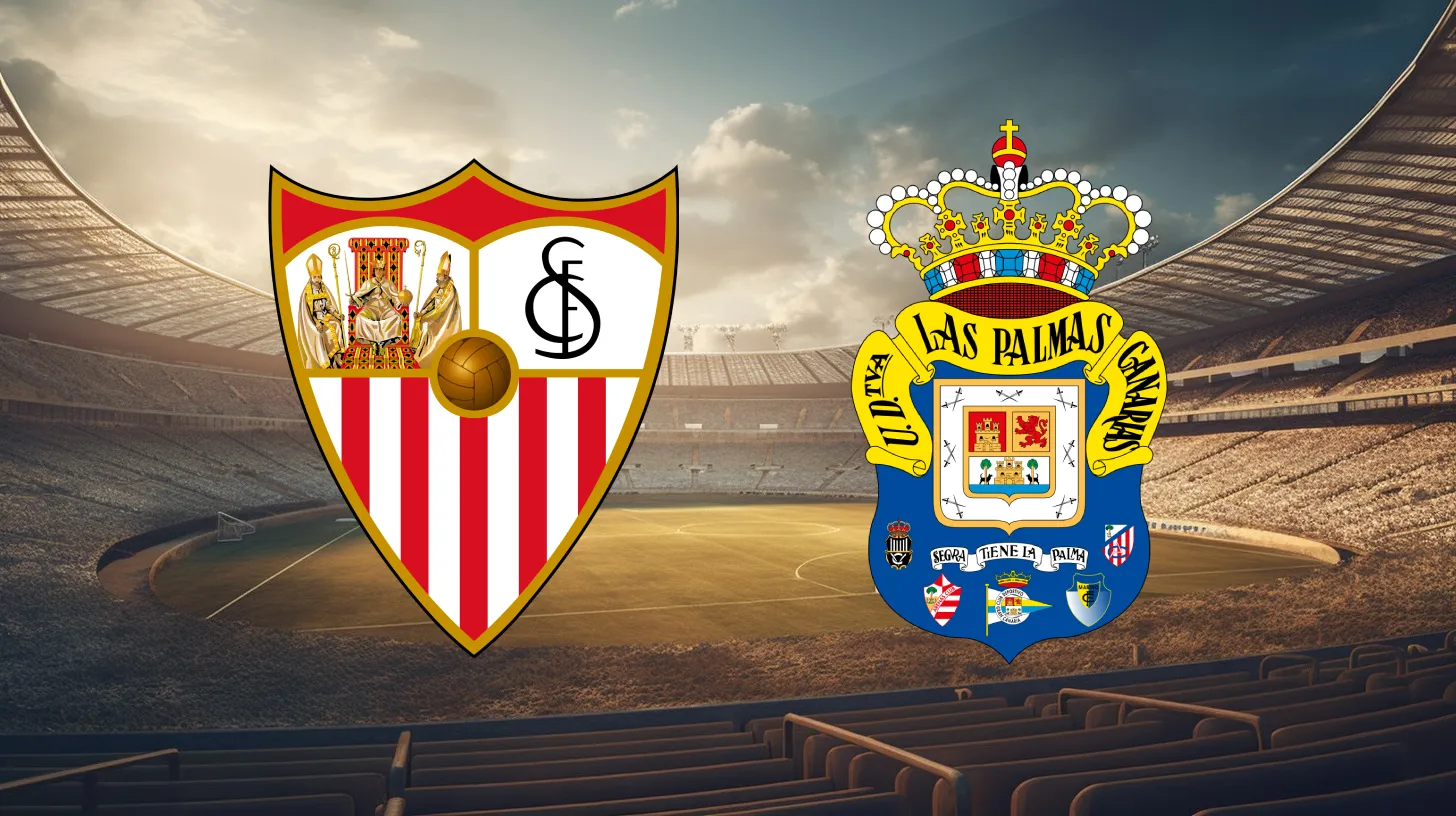In a recent development at the Premier League shareholders’ meeting, thirteen clubs voted against the proposal for a temporary ban on loan deals between associated clubs during the upcoming January transfer window. This decision, reached after extensive discussions, has significant implications for the dynamics of player transfers and team strategies.
The Vote Outcome
Despite efforts to implement a temporary ban, only thirteen out of the required fourteen clubs voted in favor, falling short of the two-thirds majority needed for approval. This means that the existing rules governing related-party loan deals will remain unchanged, allowing clubs to continue engaging in such transactions.
Newcastle’s Strategic Advantage
One of the notable consequences of this decision is the strategic advantage it provides to Newcastle United, who are 80% owned by The Public Investment Fund of Saudi Arabia (PIF). With this ownership structure, Newcastle can now explore loan deals with the four Saudi Pro League clubs also owned by PIF: Al Nassr, Al Ahli, Al Ittihad, and Al Hilal.
Newcastle’s interest in Al Hilal’s midfielder, Ruben Neves, has been acknowledged by the club’s manager, Eddie Howe. This interest comes at a crucial time for Newcastle, given their extensive injury list heading into the January window.
Affiliated Clubs in the Premier League
The landscape of affiliations between Premier League clubs and other teams has come into sharper focus with this decision. Eleven out of the twenty Premier League clubs have connections to other teams through their owners. Notably, Newcastle boasts the largest and most potent pool of players to trade, thanks to its affiliations in the Saudi Pro League.
Impact on Other Clubs
The rejection of the temporary ban also has implications for Manchester United and Manchester City. Manchester United’s potential ban on loan deals with OGC Nice, pending completion of Sir Jim Ratcliffe’s investment, has been averted. Similarly, Manchester City can continue loaning players from the City Football Group, comprising twelve worldwide teams, including Girona.
Historical Context and Player Movements
Reflecting on past player movements between associated clubs provides insights into the significance of related-party loan deals. Notable examples include Frank Lampard, who joined Manchester City on loan from New York City FC in the 2014-15 season, and Brentford’s response to a goalkeeping injury in January 2022 by securing Jonas Lossl on loan from sister club FC Midtjylland.
What Does This Mean for the Future?
While the rejection of the temporary ban ensures continuity in related-party loan deals for now, it raises questions about potential long-term policies. The concern among some Premier League stakeholders is evident, with discussions hinting at the possibility of a permanent policy issue in the future.
Other Discussions in the PL Shareholders Meeting
Beyond the loan deal deliberations, the shareholders’ meeting delved into other pertinent matters. No formal vote occurred on the ‘New Deal,’ a potential £915 million settlement between the Premier League and clubs in the English Football League. However, positive momentum was reported on this front, with ongoing consultations planned on funding mechanisms, cost controls, and transfer levies.
Additionally, PGMOL chief Howard Webb addressed the meeting, focusing on VAR and refereeing standards in the Premier League. Plans for a top-flight advisory group were revealed, aiming to enhance in-stadium communication surrounding VAR for fans inside Premier League grounds.
As expected, the meeting did not address the case surrounding Everton’s 10-point Premier League deduction and any potential appeal process, keeping the focus on crucial matters shaping the future of English football.

